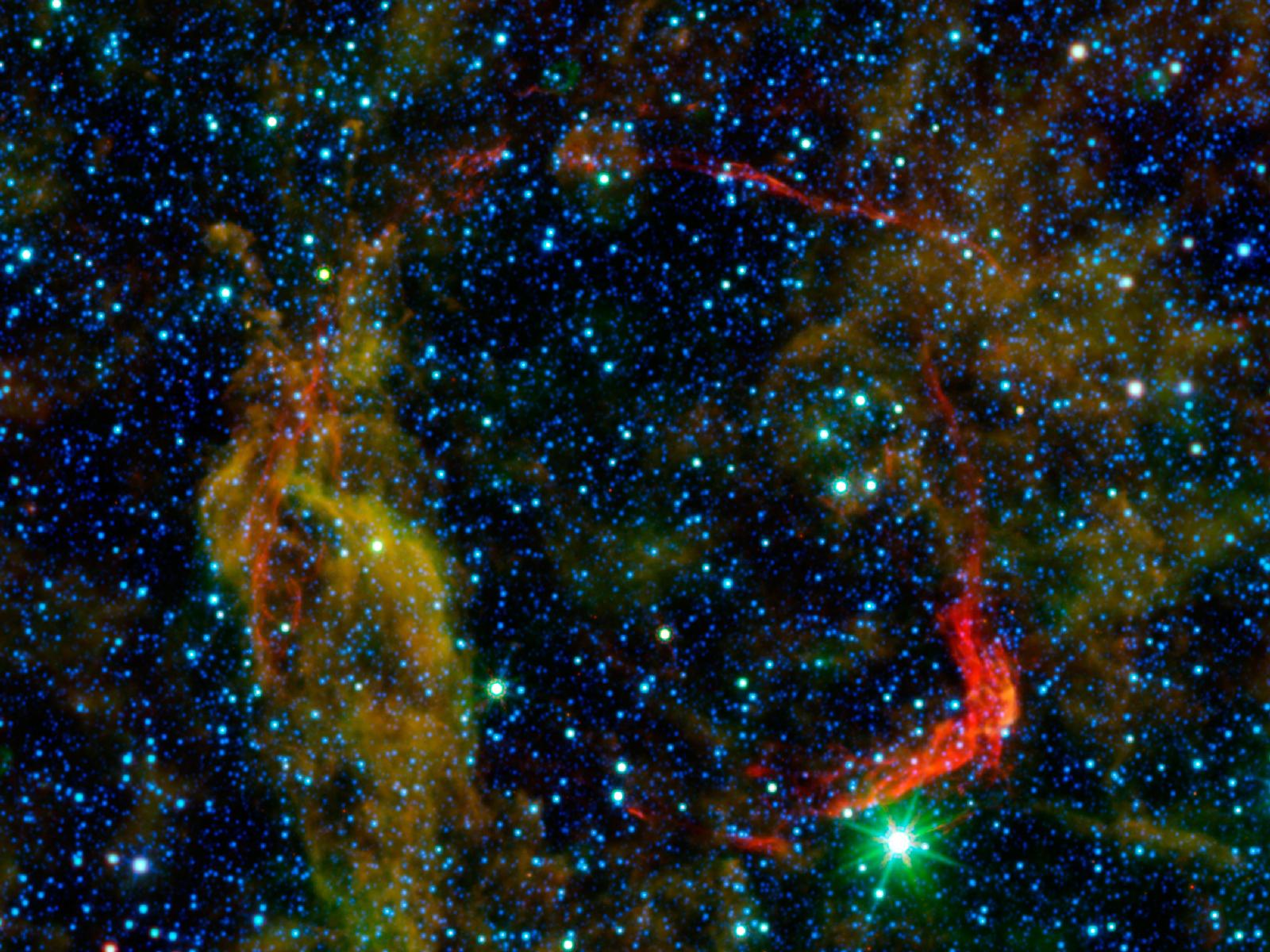Newspapers will survive, but they won’t be understood as newspapers.
Nicholas Lemann: I think news organizations can survive the digital revolution. This is a very fast moving picture. I would say if you asked me to predict as of today, then my prediction might be different in three months. Let’s say you’re the Cleveland...dealer. What are you gonna look like in 25 years? You will be the dominant news gathering organization in Cleveland, Ohio probably. You (15:43) will have somewhat fewer employees on the news side than you do now, but you’ll still exist and you’ll still be profitable. You’ll be exploring creative arrangements – you know freelance, contract, part time – all the things that those of us who come from the magazine business know and love so well in the newspaper business. You will have your primary audience on the Internet. Your print audience will be much smaller than it is now. You’ll be charging three, four, five times as much for daily newspaper delivery as you do now. And as a result the daily newspaper will be a more sort of elite product that offers more kind of specialized analytic information. It’ll feel more like a sort of mini New York Times. It’ll be pitched to advertisers as such. One the Internet you’ll have a free Home page that has . . . is more sort of general and has a big circulation. And then inside of that there will be what’s known in the trade as verticals or channels that are about very, very thinly shaved, specific interests, and you’ll probably have to pay to enter those – something about your high school football team; very specific information about the suburb where you live; things like that. I mean the New York Times is sort of a magazine. It has the feel of a magazine. So in that sense, yes, it will be a magazine. It won’t be printed like a magazine, but it will feel more “magazine” and less “newspapery”. But the main thing is I think these news organizations will live on as news organizations in their communities. They won’t just go out of business. But they won’t be understood as newspapers.
Recorded on: 11/30/07





